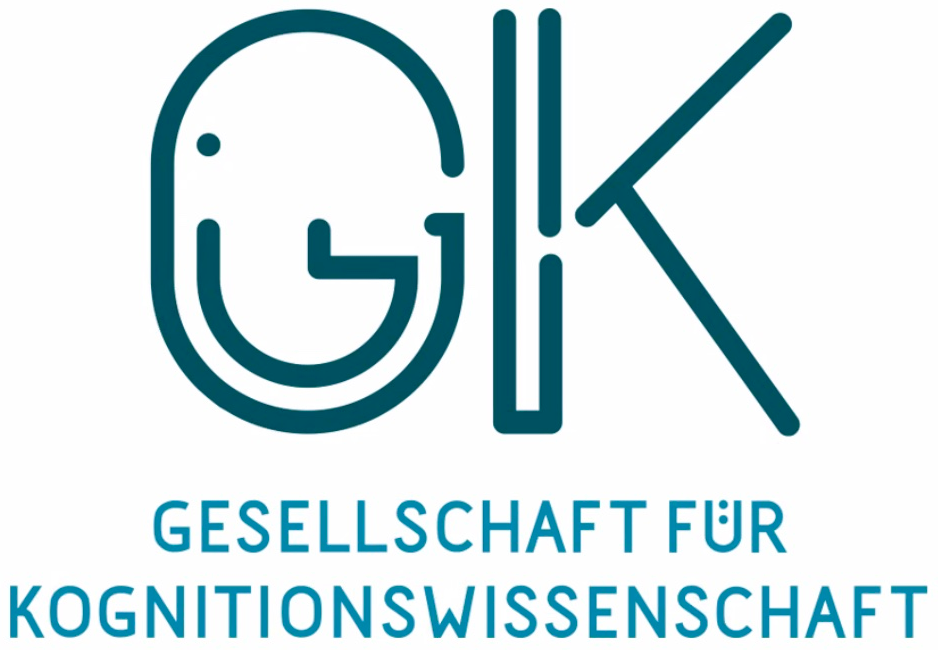Interdisciplinary College 2026
Bridging Realities of Brains, Language, and Technology
March 13-20, 2026
IK2026 is sold out! However, you can still add your name to the waiting list in case participants have to cancel.
Advances in digital technologies and realities are no longer just academic curiosities – they’re redefining communication, creativity, and community today and in the near future. At this IK, we’ll explore the dynamic intersection of brains, language, and technology, where reality and fiction increasingly overlap and inform one another. We will approach this theme through three interconnected focus areas:
Immersive Interfaces
This theme will explore the latest developments in brain-computer interfaces, virtual and augmented reality systems, and the ways in which human-computer interaction can reshape perception, learning, and interactivity.
Language and Intelligent Agents
This theme investigates advances and understanding in language development, conversational AI, and language modelling that shape intuitive, adaptive, and context-aware communication. It also explores the implications of these technologies.
Societies and Blurred Realities
This theme examines the social, ethical, linguistic, and cognitive implications of technologies that merge physical and virtual spaces, as well as human and artificial intelligence, as they affect digital identities and community dynamics and have an impact on belief, trust, and shared experience.
We invite students, researchers, and practitioners from cognitive science, computer science, linguistics, psychology, philosophy, neuroscience, cultural studies and related fields to join us at Lake Möhne in Günne. Come and share your work, challenge assumptions, and help shape the next generation of technologies that bridge brains, language, and different realities.
Program Chairs of IK2026
Maggi Savin Baden (University of Oxford)
Marius Klug (BTU Cottbus-Senftenberg)
Philipp Wicke (Uni LMU, Uni BTU, AURYAL)
Supporting organizations
The IK is hosted by the Artificial Intelligence Section of the Gesellschaft für Informatik (German Informatics Society)

We are also grateful for additional support by the German Society for Cognitive Science.

© Logo for IK2026 by Cosima Prahm